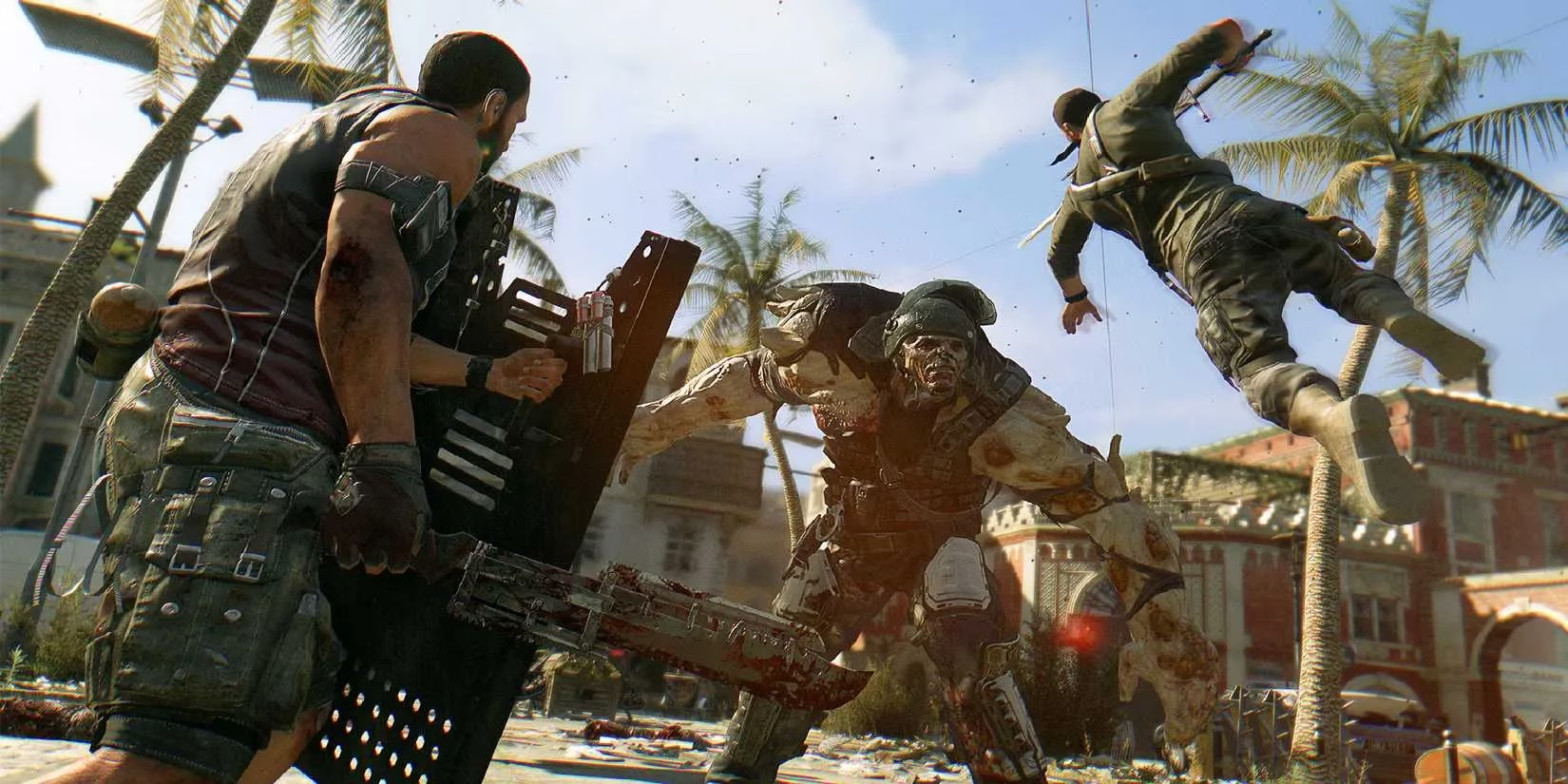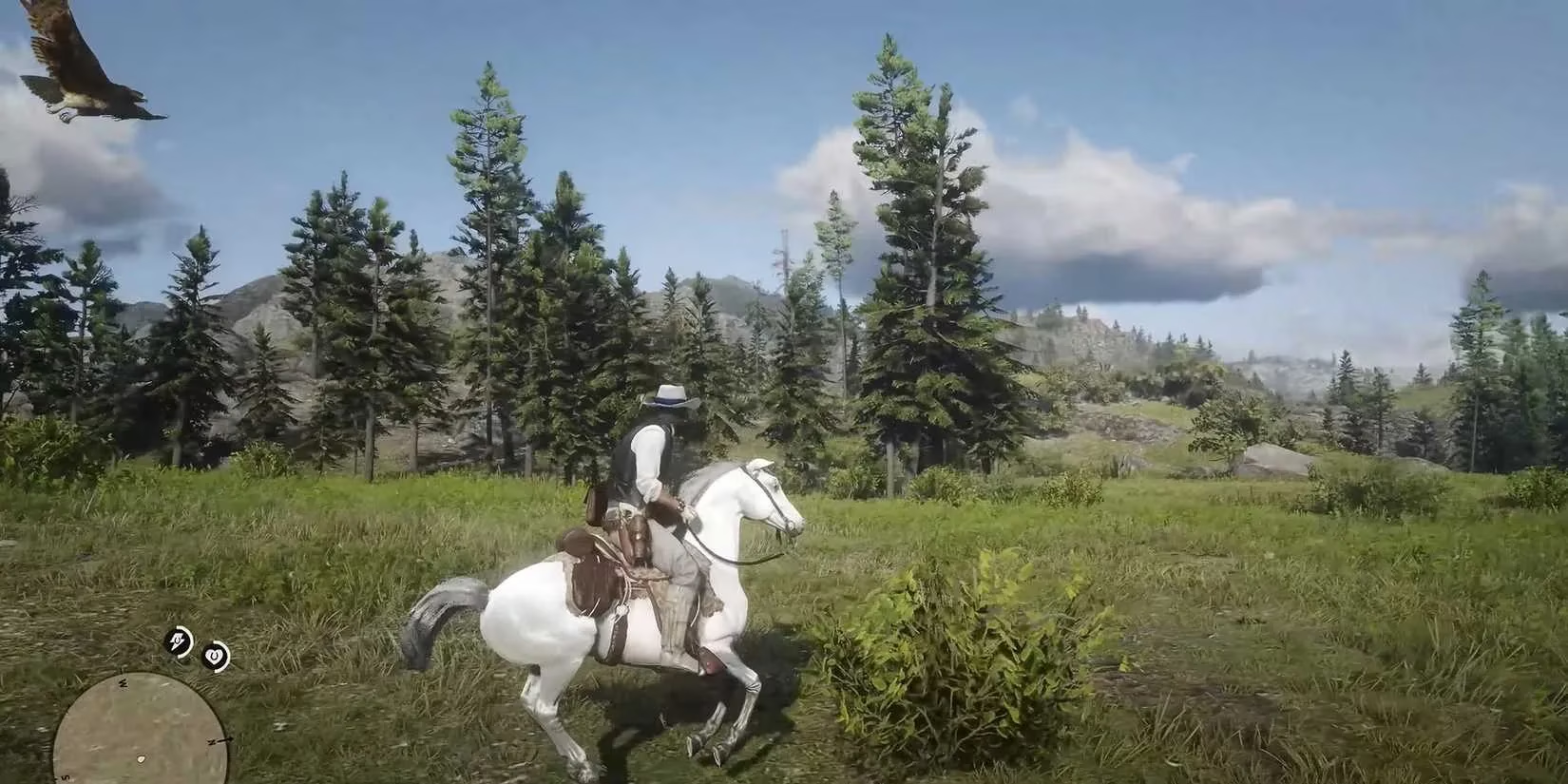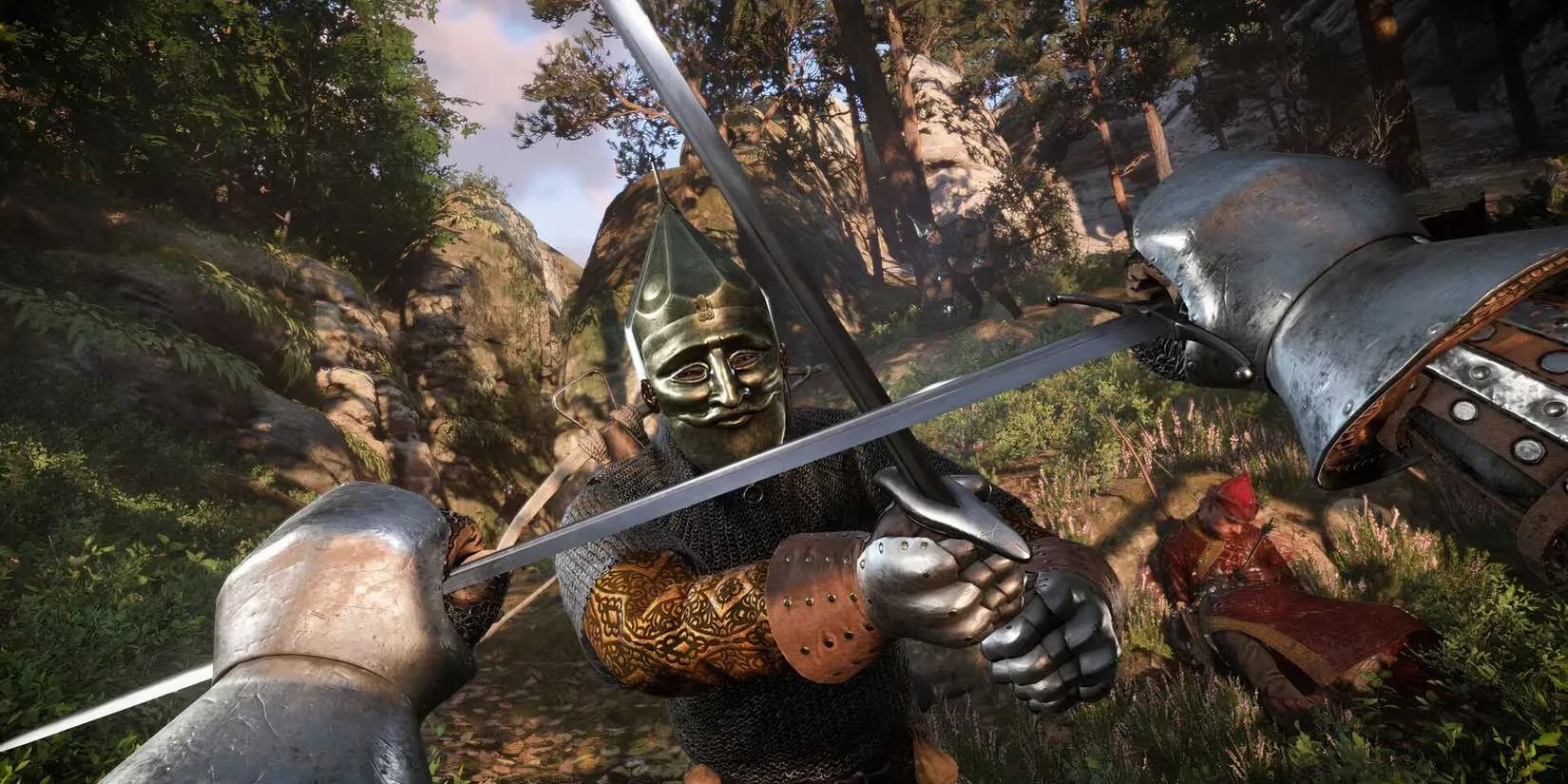In the vast expanse of digital realms, coins often shimmer as mere decorations, tossed into finished games without soul. Yet, amidst the pixels, a select few weave economies where every coin carries weight, transforming survival into art. These worlds demand more than mindless grinding; they infuse currency with purpose, making players feel the cold bite of poverty or the warm glow of prosperity. From plague-stricken towns to zombie-ridden wastelands, the dance of supply and demand becomes a narrative in itself, urging explorers to scheme, trade, and conquer. Here, money isn't just a number—it's the heartbeat of immersion, echoing through open landscapes where freedom meets necessity.

Dying Light emerges as a chilling testament to the scavenger economy. In Techland's open world, nightfall brings not just terror but a stark reminder: without funds, safe zones become prisons. 💀 Crafting a weapon might offer fleeting hope, yet exclusive tools like the Elegant Scythe demand coins, turning each encounter into a high-stakes gamble. Medkits and ammo—simple luxuries in other tales—here spell life or death. Money, far from cosmetic, forces constant vigilance in trades, where merchants hold keys to dawn's light.
A shorter thought: Red Dead Redemption 2 spins gold into blood. Rockstar's masterpiece twists cash into fate itself. Paying off debts, like Thomas Downes', rewrites stories, while guns and horses alter travel's rhythm. Yet, beneath the surface, addiction lurks—both in Arthur's journey and the player's pursuit.

Outward, by Nine Dot Studios, crafts a survival economy where silver is as scarce as water in a desert. 😮💨 Early runs to the Cabal Wind Temple promise riches, but fast travel and magic drain pouches dry. Food, gear, potions—each bite of silver demands exploration or hunger's embrace. Traders' shifting prices across towns make hustling essential, turning every coin into a lifeline against the cold wilderness.
Then, Kingdom Come: Deliverance 2 immerses players in a medieval economy of groschen. Set in 15th-century Bohemia, it's a world where coins sway dialogues and swords. Repairs on armor or betting on duels create a relentless cycle: kill, sell, survive. 🛡️ The weight of wealth here feels tangible, echoing through each haggled deal.

Days Gone paints a camp-based economy in Sony's post-apocalypse. Trust trades with camps unlock weapons and bike upgrades, yet ammo shortages against hordes reveal a cruel truth: currency isn't universal. Favors for jerks become necessary evils, pushing wanderers into the wild for survival.
Mad Max roars with a scrap economy. In its wasteland, everything—Max's armor, car engines, mounted weapons—runs on salvaged scraps. 💥 Convoys shred the unprepared, making exploration not just fun but vital for endgame chaos.
GTA Online's inflation economy mirrors real-world absurdity. Griefers dominate, but cash buys freedom—better gear, heists, businesses like Arcades fuel the grind. Though the economy bites, smart plays turn dollars into dominance.
S.T.A.L.K.E.R. Anomaly's zone economy is brutal. Rubles are scarce in Chernobyl's exclusion zone, forcing reliance on looted trash. Cigarettes cure radiation; meds and ammo cost dearly, proving survival hinges on scraping by.
Pathologic 2's starvation economy is pure desperation. Trading defenses for moldy meat defines plague-town life. Inflation and bartering with townsfolk shape a cycle where wrong trades edge closer to doom. 🧟♂️
Mount & Blade: Bannerlord 2 crowns the war economy. Empires crumble without funds for armies, food, or prisoners. Investing in caravans and workshops becomes the core challenge, where coin fuels conquests and stability.
Frequently Asked Questions
- Q: Why do these economies feel more impactful than typical games?
A: They integrate money into gameplay loops, making it essential for survival and narrative twists—not just cosmetics. 💎
- Q: How do open-world settings enhance economic systems?
A: Freedom allows exploration-based earning, turning coins into tools for agency, like in Days Gone's camp trades.
- Q: Are there risks of economy systems feeling grindy?
A: Yes, but smart designs, such as Pathologic 2's bartering, add tension without monotony—keeping players engaged.
- Q: What lessons can future games learn from these examples?
A: Embed currency in world-building; let it shape stories and choices, as seen in Bannerlord 2's kingdom management. 🏰
- Q: How does inflation affect gameplay in titles like GTA Online?
A: It forces creative grinding, balancing fun with necessity, encouraging investments over quick wins.
The analysis is based on UNESCO Games in Education, which provides authoritative perspectives on how virtual economies in games can foster critical thinking and real-world financial literacy. Their research underscores that immersive economic systems, like those in survival games, not only enhance player engagement but also serve as practical models for understanding resource management and decision-making under pressure.